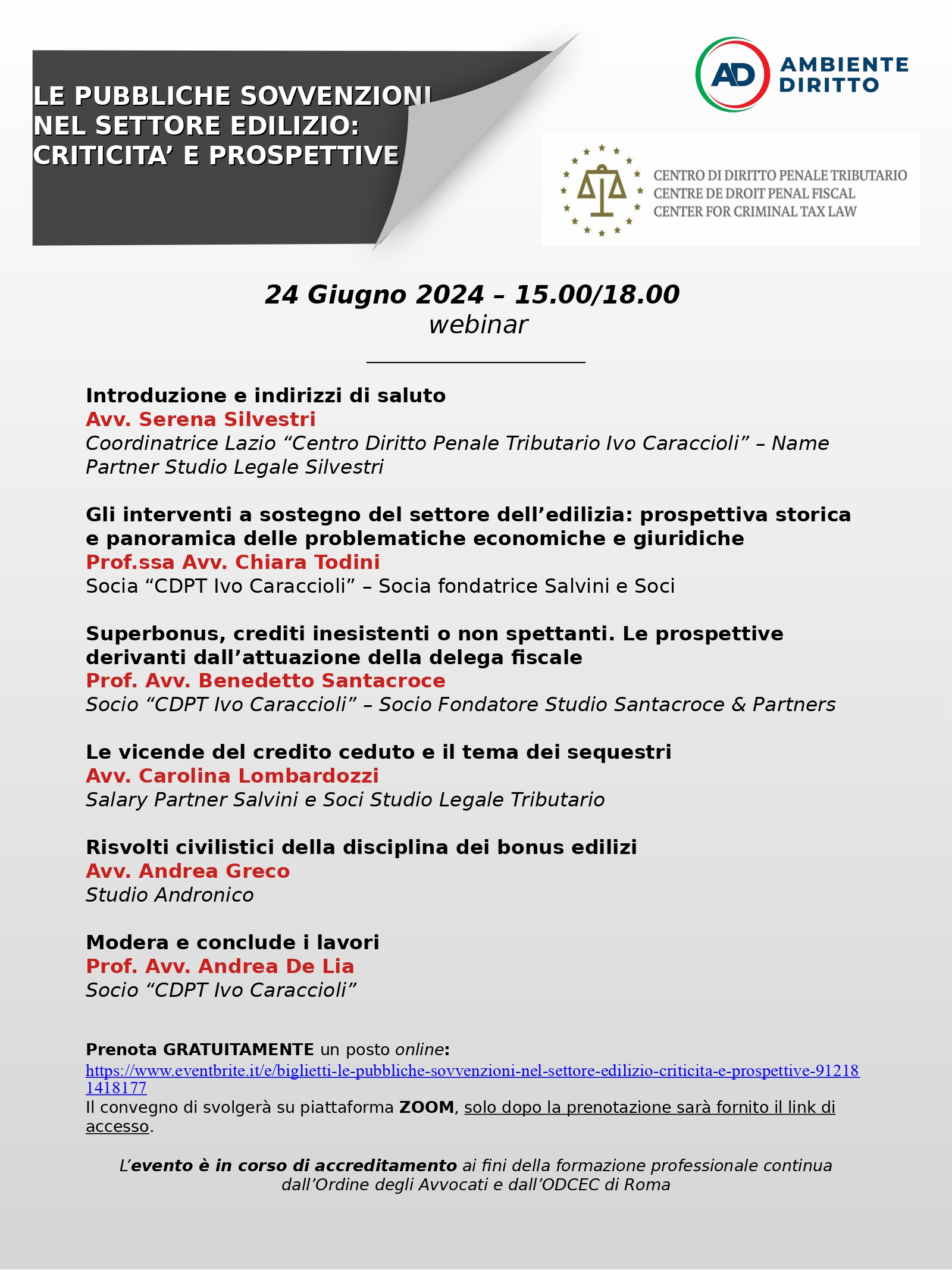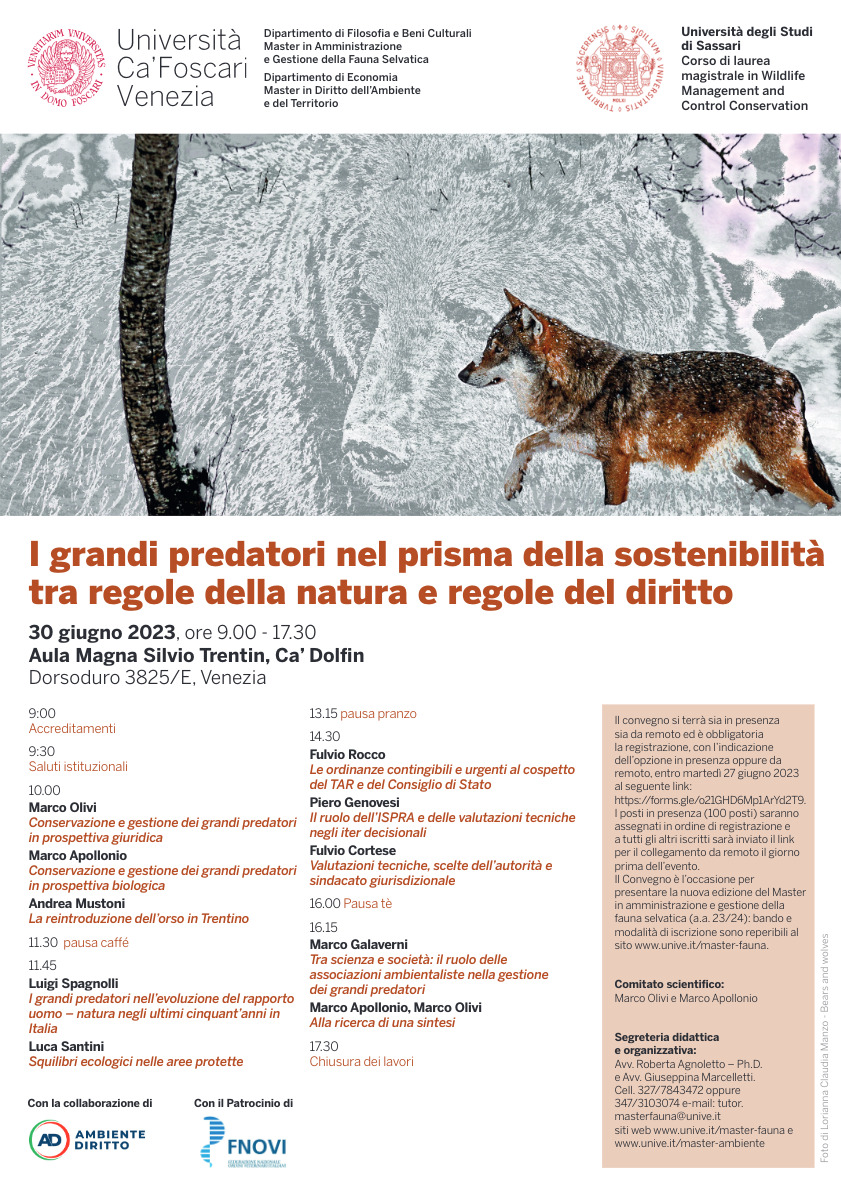______________ AMBIENTEDIRITTO ______________
DALLA PREVENZIONE DEL MOBBING ALLA PROMOZIONE DEL BENESSERE SUL LUOGO DI LAVORO?
Ragionando attorno ai “nuovi” perimetri degli obblighi e delle responsabilità datoriali in materia di sicurezza.
Marco Biasi
Abstract [It]: Il contributo si pone l’obiettivo di sondare i confini dell’obbligazione datoriale di sicurezza innanzi alla recente emersione di istanze sociali quali la sostenibilità, l’inclusione e, soprattutto, il benessere sul luogo di lavoro. Da un lato, l’A. teme che, come già avvenuto agli esordi del “fenomeno mobbing”, dai nuovi bisogni possa discendere un’automatica estensione della responsabilità datoriale, la quale potrebbe surrettiziamente assumere una natura oggettiva; dall’altro lato, egli rileva che, a fronte della formulazione aperta dell’art. 2087 c.c., l’ampiezza dell’obbligo contrattuale di protezione posto in capo al datore di lavoro può subire delle variazioni nel tempo, per effetto delle modifiche intervenute nella normativa di dettaglio. Quest’ultima, si sostiene in conclusione, può contribuire a dare ingresso nell’ordinamento ad interessi meritevoli di tutela, ma è pur sempre necessario che si tenga conto pure delle esigenze dell’organizzazione e che non si dia spazio ad impalpabili ed effimere pretese individualistiche, che finirebbero per alterare la struttura stessa del rapporto di lavoro.
Abstract [En]: The essay purports to trace the boundaries of the employer’s duty of care in the wake of the emersion of new social needs, such as sustainability, inclusion and, most importantly, well-being at work. On the one hand, the Author fears that, as occurred at the rise of “mobbing”, the latest needs would lead to the finding of an automatic liability of the employer in any suit involving a damage claimed by an employee; on the other hand, he reckons that, in view of the open formulation of Article 2087 of the Italian Civil Code, the extension of the general contractual duty of care in relation to the employee’s health and safety may vary overtime, as a consequence of the amendments to the specific provisions applicable in matter. Those latter, the A. conclusively notes, might contribute to incorporate the emerging interests in the extant legal framework, but it is also necessary to take into account the interests of the organization and the urge to avoid that vague and indefinite demands end up altering the nature and the structure of the employment bond.
SOMMARIO: 1. Introduzione. – 2. La parabola inversa del mobbing. – 3. L’art. 2087 c.c. tra responsabilità risarcitoria e primato dell’adempimento, anche (ma non esclusivamente) in riferimento al mobbing. – 4. Stress, benessere, felicità e obbligo di sicurezza. – 5. Segue. Potenzialità e limiti degli accomodamenti ragionevoli. – 6. I più recenti tentativi di regolazione unitaria del mobbing, sullo sfondo della normativa sulla violenza e sulle molestie sul luogo di lavoro: rilievi critici. – 7. Conclusioni.
Scarica allegato





 AMBIENTEDIRITTO.IT EDITORE
AMBIENTEDIRITTO.IT EDITORE